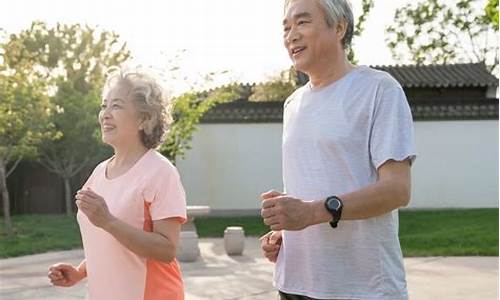As people age, maintaining both physical and mental health becomes increasingly important. Proper care and attention to one’s well-being can significantly enhance the quality of life during the senior years. In this article, we will explore various strategies and tips for elderly individuals to stay physically active, mentally sharp, and emotionally balanced. By following these practices, seniors can not only improve their longevity but also enjoy a more fulfilling and independent life.
Physical Exercise and Activity
Regular physical exercise is essential for seniors to maintain strength, flexibility, and overall health. Activities like walking, swimming, or gentle yoga can boost cardiovascular health, improve joint mobility, and reduce the risk of chronic diseases such as diabetes and hypertension. It is important for older adults to choose exercises that match their physical capabilities and gradually increase intensity as they become more comfortable.
Balanced Nutrition
A well-balanced diet plays a crucial role in promoting good health. Elderly individuals should focus on consuming nutrient-dense foods, such as fruits, vegetables, whole grains, lean proteins, and healthy fats. Proper hydration is also essential, as dehydration can lead to various health complications. Seniors should avoid excessive salt, sugar, and processed foods to maintain optimal body function.
Social Connections and Mental Health
Maintaining strong social ties is vital for mental health. Regular interaction with family members, friends, and community groups can help prevent feelings of loneliness and isolation. Additionally, engaging in mentally stimulating activities like reading, puzzles, or learning new skills can help keep the mind sharp. Mental exercises are just as important as physical ones in preserving cognitive health in later years.

Getting Enough Sleep
Sleep is a crucial factor in maintaining both physical and mental health. Seniors should aim for 7-9 hours of sleep each night. Poor sleep quality can affect memory, mood, and overall well-being. Creating a relaxing bedtime routine, avoiding excessive screen time before bed, and maintaining a consistent sleep schedule can improve sleep quality for elderly individuals.
Regular Health Check-ups
Routine visits to healthcare providers are essential for early detection and management of any potential health issues. Regular screenings for conditions such as high blood pressure, diabetes, and cholesterol are important for seniors. By staying on top of medical check-ups, elderly people can address health concerns before they become more serious.
Conclusion
In summary, maintaining physical and mental health as an elderly individual involves a combination of regular exercise, proper nutrition, social engagement, good sleep, and routine healthcare. By adopting these practices, seniors can enjoy a vibrant and active lifestyle well into their later years.